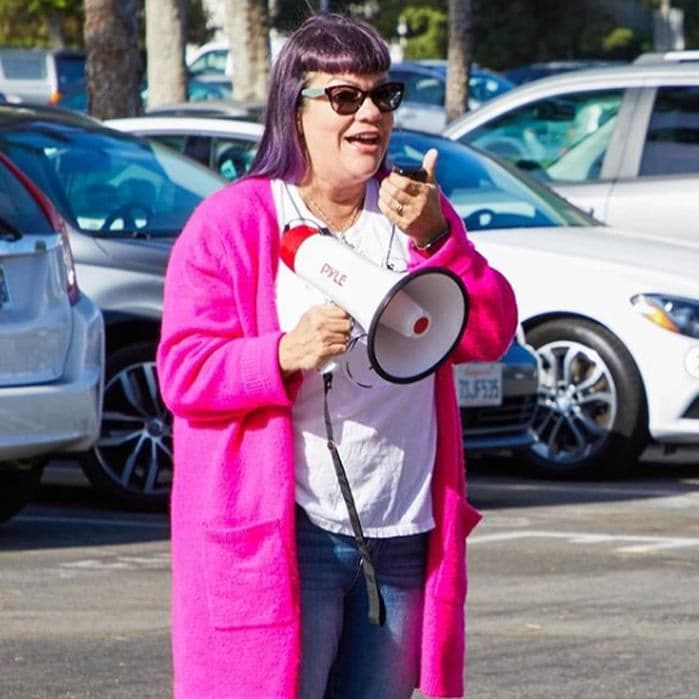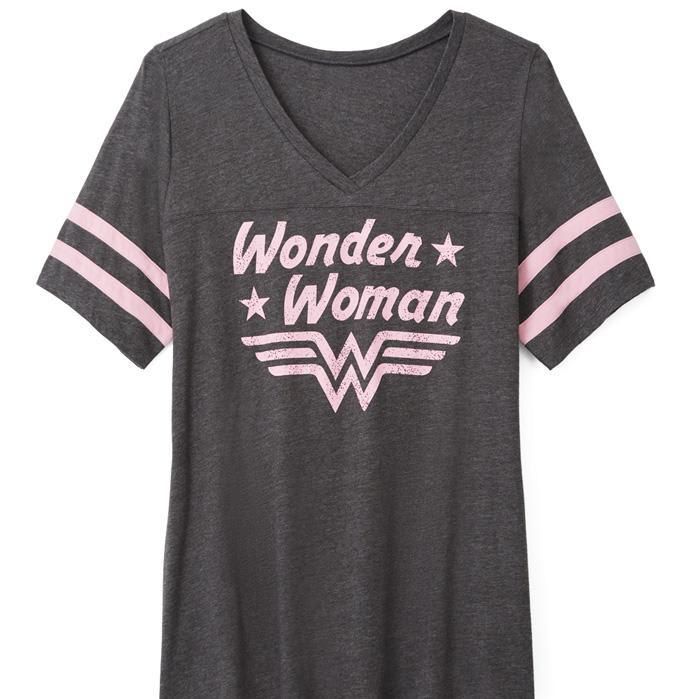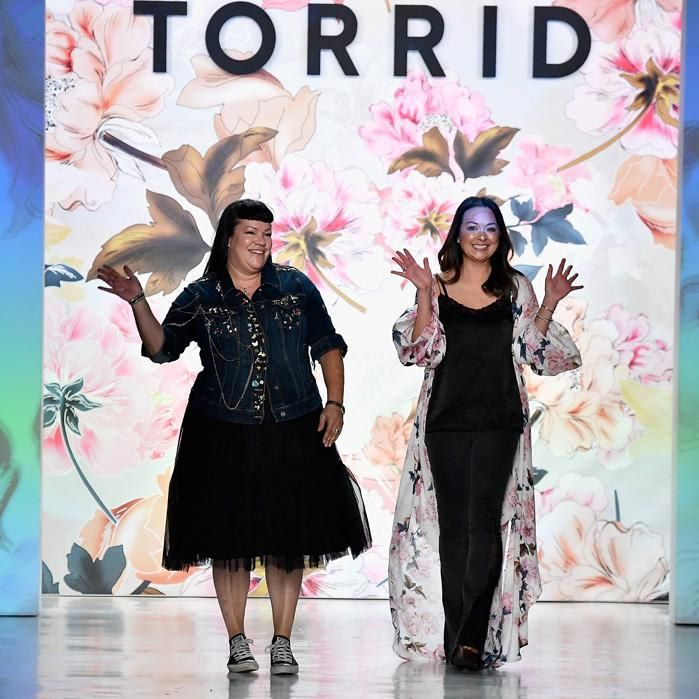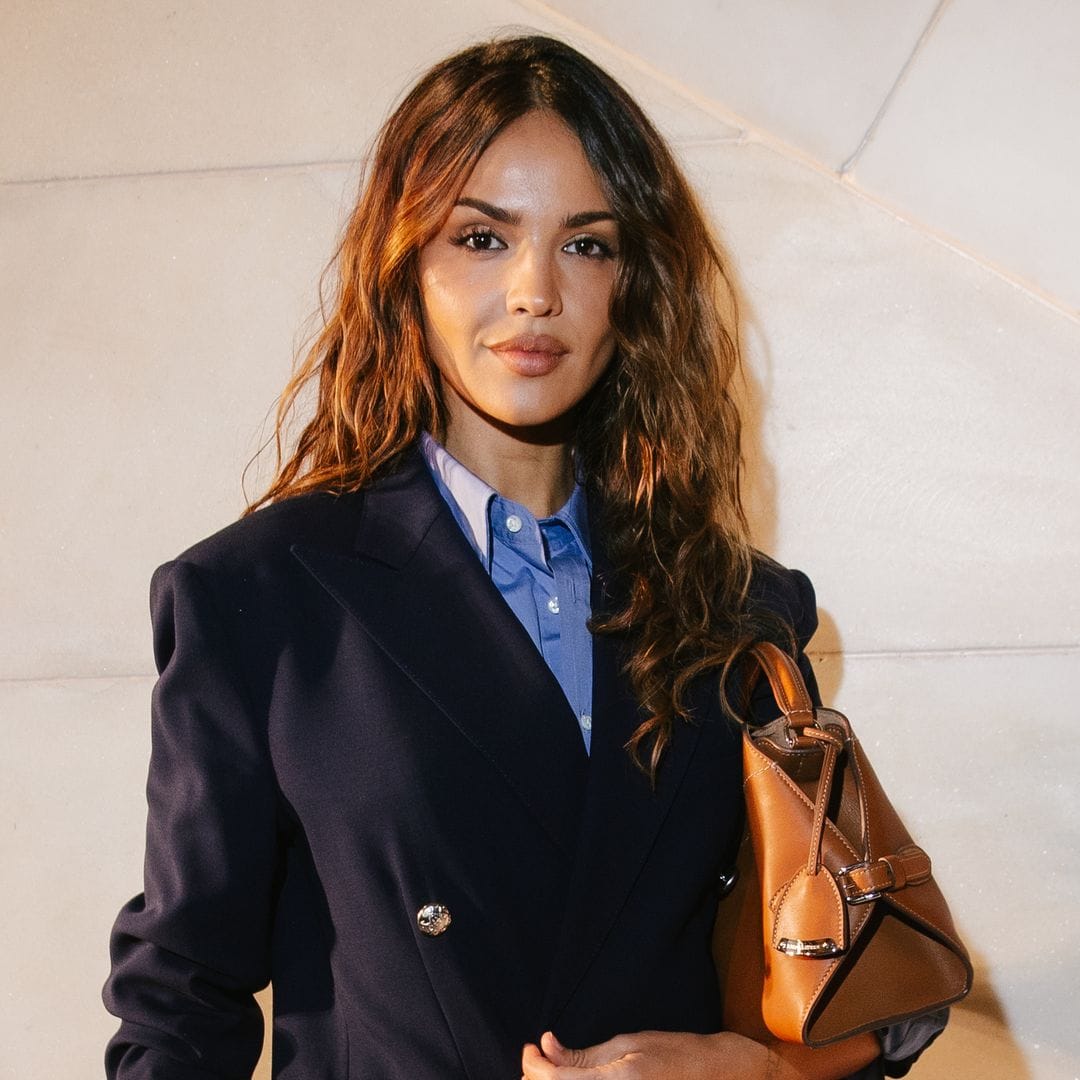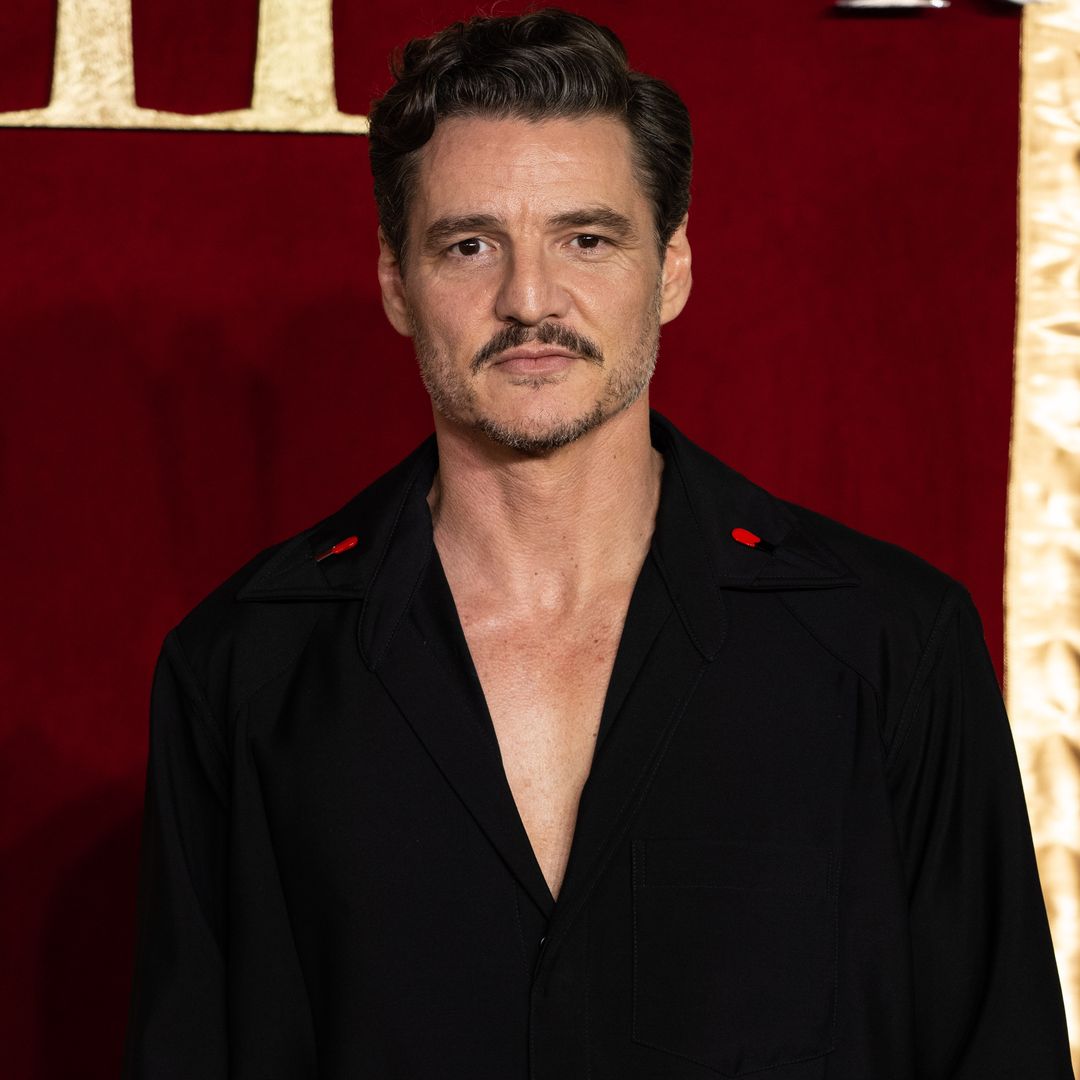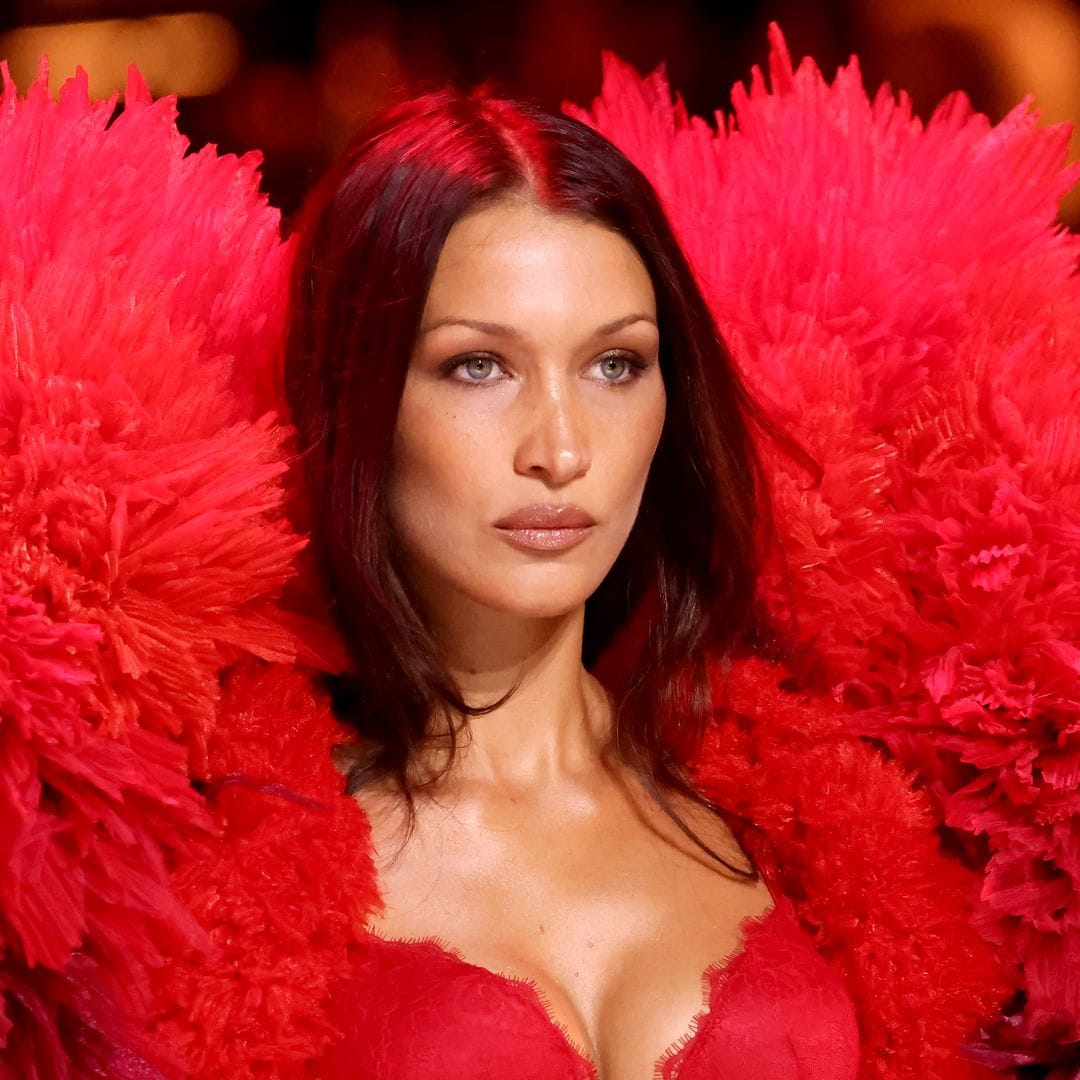For Liz Muñoz, 2018 was a whirlwind. Not only did she start a new job as CEO of the leading plus-size fashion brand, but she was also diagnosed with breast cancer at the same time. “I was diagnosed 20 days after becoming CEO,” she tells HOLA! USA. “That was the hardest thing I’ve ever had to handle in my life. I had to keep the company moving forward, build my team and our strategy, all while managing my treatment.” The mom-of-two, who has since beaten the cancer, also relied on the Torrid Everyday Wire-Free Bra for support and comfort during that time.
Now, it’s her mission to give back (20% of net proceeds of the Breast Cancer Awareness Collection for the month of October will go to the Torrid Foundation in support of the National Breast Cancer Foundation) and support women going through this themselves.
Keep reading to learn how this powerhouse Cuban-American stayed positive during her cancer battle and what she hopes for future generations of Latinas.
HOLA! USA: With October being Breast Cancer Awareness month and you being a survivor, how important was it for you to give back?
Liz Muñoz: “Breast Cancer Awareness Month is something that is really important to Torrid. We have been designing capsule collections to support breast cancer for several years, raising hundreds of thousands of dollars each year for the National Breast Cancer Foundation and Canadian Cancer Society. This year’s collection is one of our best and features my favorite superheroine, Wonder Woman, in activewear. This year was deeply personal for me because a year ago I was diagnosed with Stage 1 breast cancer and had to join the fight myself against this terrible disease that affects one in eight women.”
When you were battling cancer yourself, what kept the fight in you alive?
“First of all, I am so incredibly lucky to have gone four years without a mammogram (thinking it had been just two years) and be diagnosed with just Stage 1. With this extensive time lapse, it could have been much worse. What really kept me going was my kids. Seeing them every day gave me the strength and resolve to get through surgery and radiation and get well.”
Who was your support system?
“My two families were my lifeline. My family at home was with me every step of the way from diagnoses through surgery and treatment. My Torrid work family was unbelievable, too. The outpour of love and support was inspiring and uplifting. They sent me symbols of encouragement – pink boxing gloves, for example, a giant get well card created on my office wall for all to sign, and I even got pictures from our stores with girls holding signs saying, ‘You got this.’ It was extraordinary.”
What do you say to other women you have met who are going through this now or have also successfully beat it?
“This is what women do - we run around, we take care of our kids, we take care of our jobs, and we take care of our families. But then we lose sight of taking care of ourselves. I tell women all the time that they are the most important person in so many lives, but they also need to remember to take care of themselves. They need to check themselves and get their mammogram. They need to make sure that they’re around because there are so many people in their lives who depend on them and care about them. If I can help one woman, if just one woman goes and gets her mammogram or checks herself, that’s enough.”
“The other thing I will emphasize is if you get a diagnosis –tell people. You will be amazed by what comes back to you when you do. And, if you have just been diagnosed, remember, you are stronger than you think. You don’t really know what’s inside you until you need it. Trust me, you have it.”
Who is the Torrid woman?
“She’s a mom, a working woman. A go-getter who wants to look and feel good in her skin and express herself through style and confidence.”
You are a mom of two and a CEO. How do you maintain that work-life balance?
“I have a unique capacity to separate work from home life. When I’m at work I am focused on work, and at home I stay in the present and focus on my family. I also made it a rule that whatever outside interests I would have in my life, these would be centered around work or my kids and luckily that has brought me closer to my kids.”
You’ve been in the role of CEO for a year now, what have you learned about yourself during this time?
“I learned the power of delegation. I accepted that I wasn’t going to be 100% for a while, and I learned to ask and accept help.”
As a Latina, you said this role surpassed your wildest dreams. What do you hope for future generations of working Latinx employees?
“As a first generation American, what my mom wished for me was that I work in an office or a bank. That was the extent of what she dreamed for me. What I will tell the future generations is that you can do and be anything you want. Nothing should stand in your way. Most importantly, find something you love, something you’re good at and work hard at it. The rest will come.”
,type=downsize)

